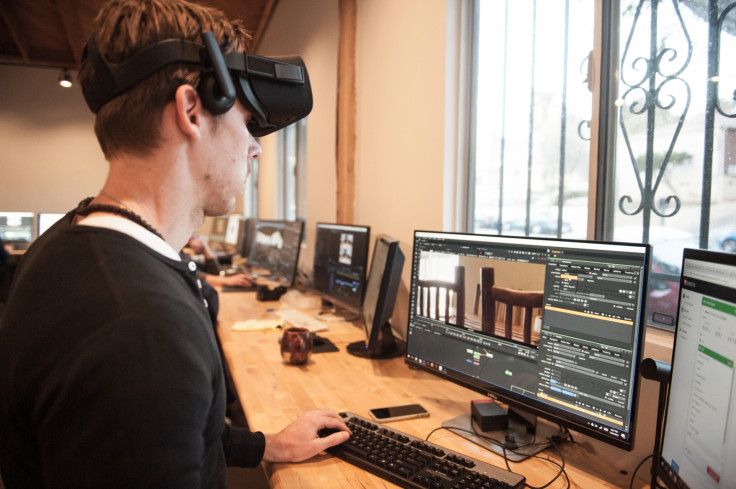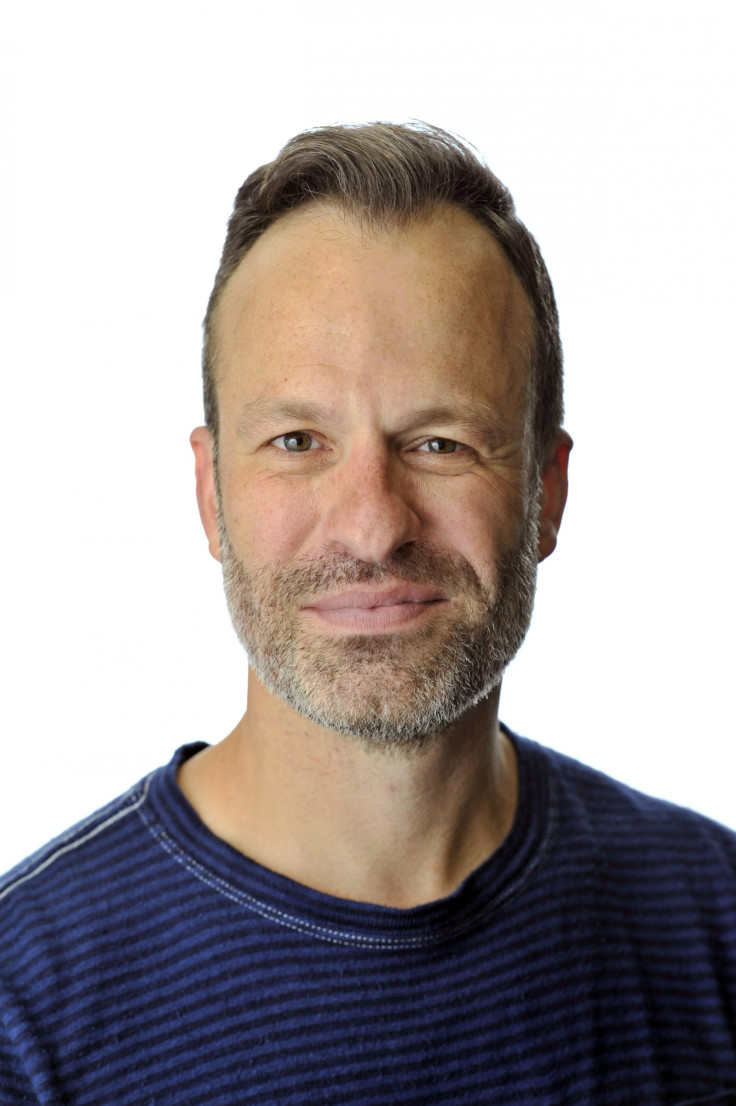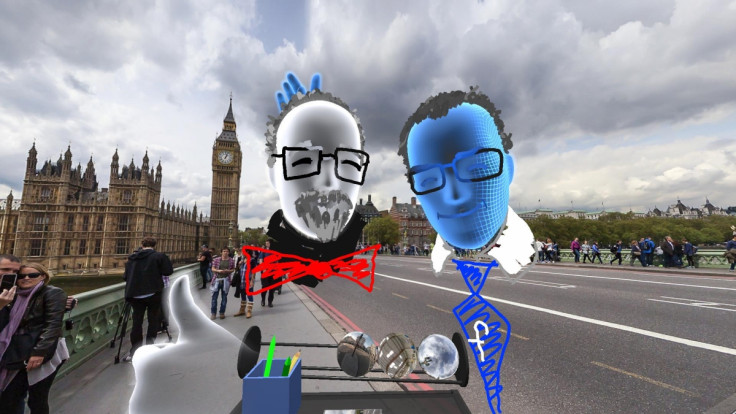How virtual reality is redrawing the rules of filmmaking
IBTimes UK speaks to the CTO of visual effects company The Foundry about filmmaking in the VR era.

Virtual reality is expected to have an impact across several industries, but no doubt its biggest influence will be on entertainment. The technology is already beginning to sow the seeds of change in gaming, where devices from Sony, HTC and Facebook's Oculus are introducing a new level of immersion to the medium that's never before been possible.
Television and cinema are also expected to evolve with the advent of virtual reality, albeit to a lesser extent. Film studios are already using the technology to embellish their productions, as seen with recent releases from Disney productions such as Star Wars and the Jungle Book. Yet virtual reality will go reach far deeper that than, fundamentally changing the way filmmakers capture content and the way audiences experience it.
Jon Wadelton is the chief technology officer of The Foundry, a UK-based visual effects company whose extensive portfolio includes work on blockbuster films such as Interstellar, Lord of the Rings and Star Wars' Rogue One.
Even at the most basic level, Wadelton says VR presents a paradigm shift in the way filmmakers approach the medium. "There are obvious creative challenges. When you think about people shooting a traditional video you're pointed forward, and you have the ability to frame everything to enhance where the person is looking," he tells IBTimes UK.
"In VR, the person who puts on the headset is the camera – they can look in any direction they want. So you really have to think of it in a different point of view. You can't use the tricks you've used before like edits and close-ups, because they don't exist anymore."
With VR setting new rules around the shooting and editing of video, directors need to consider whether the moral and ethical boundaries also need redrawing. VR is, after all, a far more personal experience than traditional cinema, meaning what might be deemed acceptable on the big screen may not be as a virtual reality experience.

"It really is a lot more of a powerful experience, says Wadelton. "If you're in a virtual world and there's violence or horror, it's so much more real than when you're looking at a 2D screen. As creators and filmmakers we need to be careful with that, because it really does pack a bigger punch."
"There's been a language in cinema since 1912…now we've gone through a process of people getting used to it, and there are certain things you do and don't do. It's the same sort of thing for VR – we're starting on that journey and some things are maybe more appropriate than others. But we all need to work together to find out what those things are."
The future of cinema
Where and how virtual reality will fit into the everyday cinema-going experience also remains to be seen. Some studios are now offering virtual reality experiences alongside their theatrical releases, allowing audiences to interact with fictional worlds in a way that's impossible on a 2D screen.
"It's not a replacement, there's no doubt," says Wadelton. "It's a new type of medium, in the same way that cinema didn't replace photography. VR will be there, but it will not be a replacement for sitting in the cinema. In some cases I think it's going to be another way to tell the story – it's an extension."
These add-on experiences will allow more consumers to experience virtual reality first-hand, which is currently blighted by high price points than exclude all but the most hardcore fans. While smartphone-based headsets are starting to bring barriers down, the lack of a killer app with mass appeal means even lower price points aren't worth the spend.

This, Wadelton says, is where social VR will shine. "The thing about VR is that it can be quite isolated at the moment because we don't have the technology of software to do great shared experiences. In that helmet, you're kind of alone and you get transported to a different place but you get transported by yourself.
"In the future when we can enable the social aspect it's going to be huge, because suddenly you can put on that headset and get transported, but with your friend, and feel like you're in the same room as the person you're interacting with. No doubt the social aspect is going to be huge – when we get there."
© Copyright IBTimes 2025. All rights reserved.






















